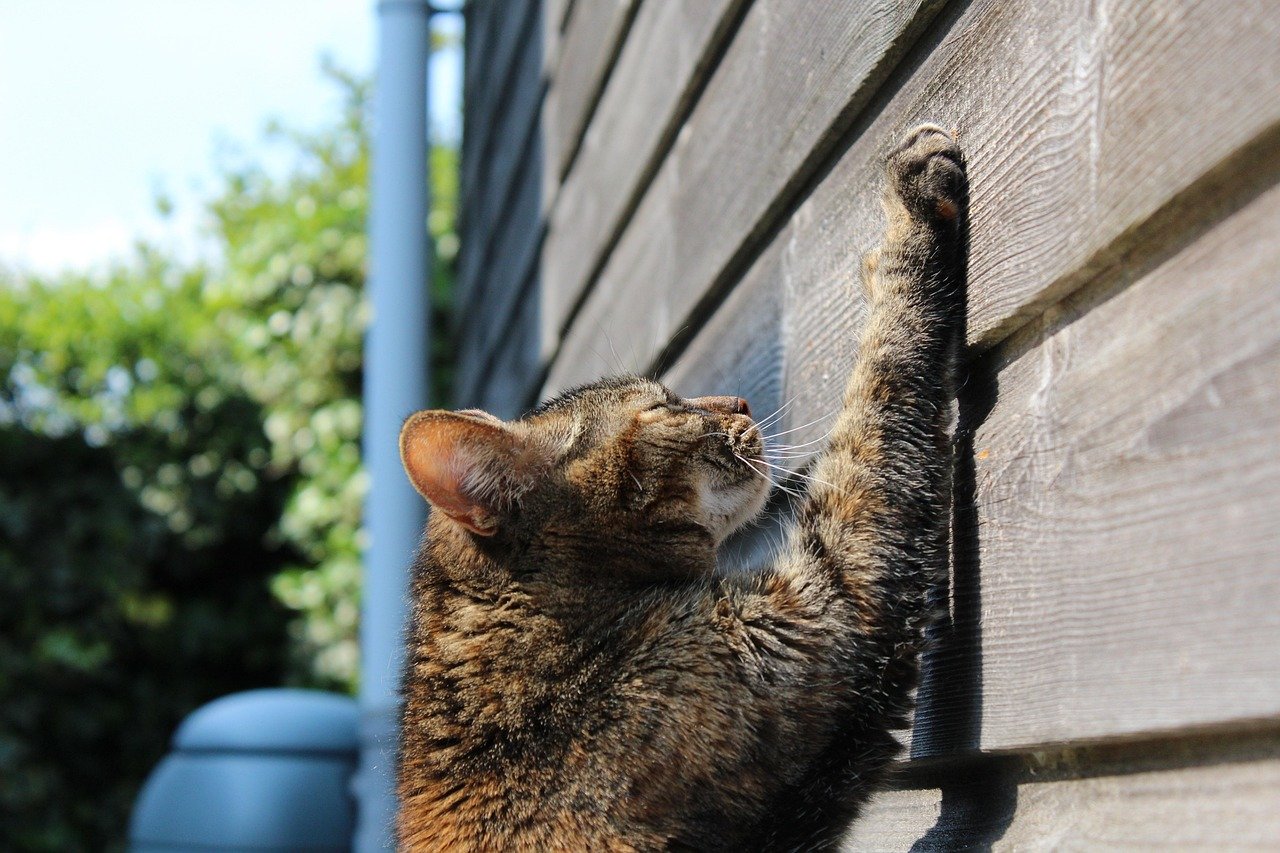Is your cat just being quirky—or is there something more going on? Many loving cat owners miss the subtle signs that their furry friend is feeling anxious. Cats are masters of hiding stress, often displaying behaviors that look harmless or even silly at first glance. But what if that odd habit is actually your cat’s way of crying out for help? Let’s take a closer look at the behaviors that too many people brush aside, but that could mean your cat is silently struggling.
Sudden Hiding or Avoidance
Cats love their cozy corners, but if your usually social kitty starts vanishing for hours, something might be up. Hiding under beds, behind couches, or squeezing into tiny spaces can be a red flag. Many owners chalk this up to a cat being “independent,” but frequent or sudden hiding is often a sign of anxiety. Imagine if your best friend stopped coming out to play—wouldn’t you worry? Cats retreat because they feel threatened or overwhelmed, seeking safety in solitude. If your cat is suddenly harder to find than your lost keys, it’s time to pay closer attention.
Excessive Grooming or Fur-Loss
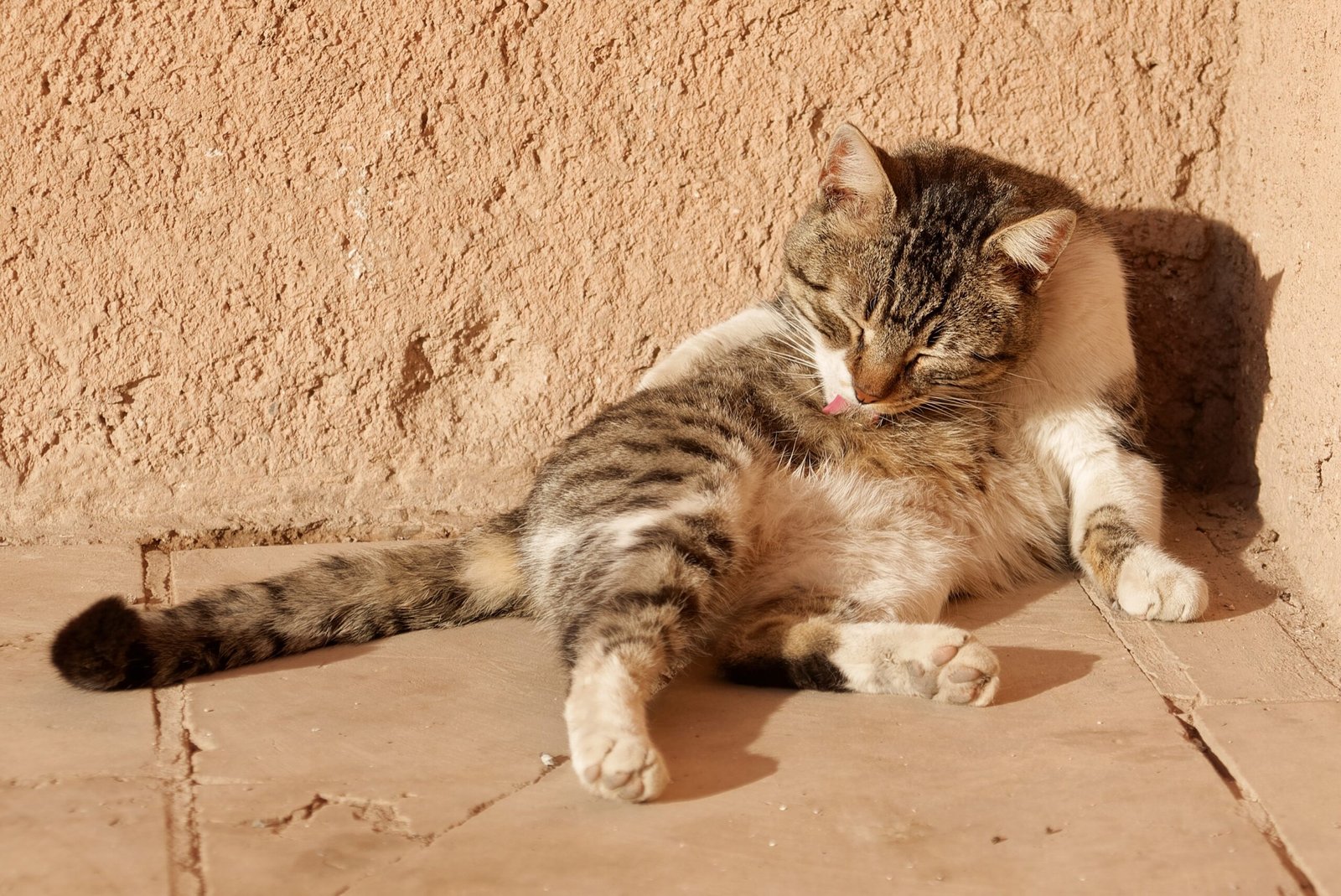
Cats are famous for their cleanliness, but there’s a line between tidy and troubled. Over-grooming—sometimes to the point of bald patches—can signal stress. It’s easy to mistake this for a simple love of hygiene. However, when licking turns into a nervous habit, it’s often because your cat is trying to soothe itself, much like people biting their nails during stressful situations. The next time you spot your cat licking the same spot over and over, don’t just assume it’s about looking good—your cat might be feeling anxious beneath that shiny coat.
Changes in Appetite or Eating Habits
Has your cat been snubbing its favorite treats or suddenly gobbling food like there’s no tomorrow? Changes in appetite—either eating much less or much more—can be a sneaky sign of anxiety. Many pet owners overlook this, assuming their cat is just being fussy or extra hungry. But, just like people, cats can comfort-eat or lose their appetite when stressed. If you notice food bowls staying full or being emptied faster than usual, it’s worth considering if anxiety is at play.
Unusual Vocalizations
Some cats are chatterboxes, but new or increased meowing and yowling can be a clue that your cat is unsettled. If your normally quiet feline starts talking up a storm, especially at odd hours, it could be more than just a quirky personality trait. Anxiety can make cats more vocal as they seek attention, reassurance, or simply express their discomfort. Owners often dismiss this as their cat “just wanting to talk,” but it’s essential to listen for cries for help hidden in those meows.
Destructive Scratching or Chewing
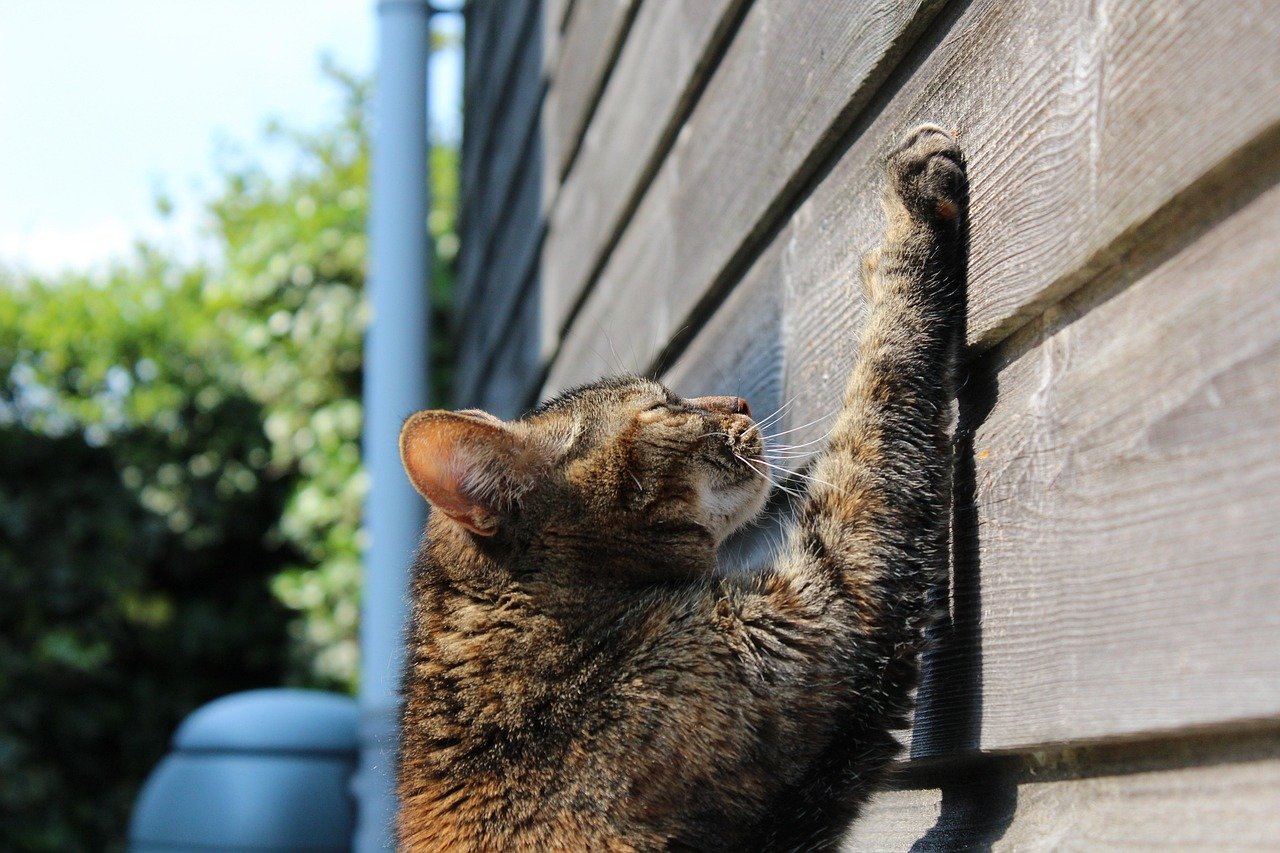
It’s normal for cats to scratch, but when your cat turns into a little tornado—tearing up furniture, carpets, or even chewing on cords—there might be more to the story. Sometimes, anxiety drives cats to destructive behaviors as a way to cope with their emotions. While many people shrug this off as bad manners or boredom, persistent destruction is often your cat’s way of telling you something doesn’t feel right. It’s their version of stress-eating a whole cake or pacing the room.
Restlessness or Hyperactivity
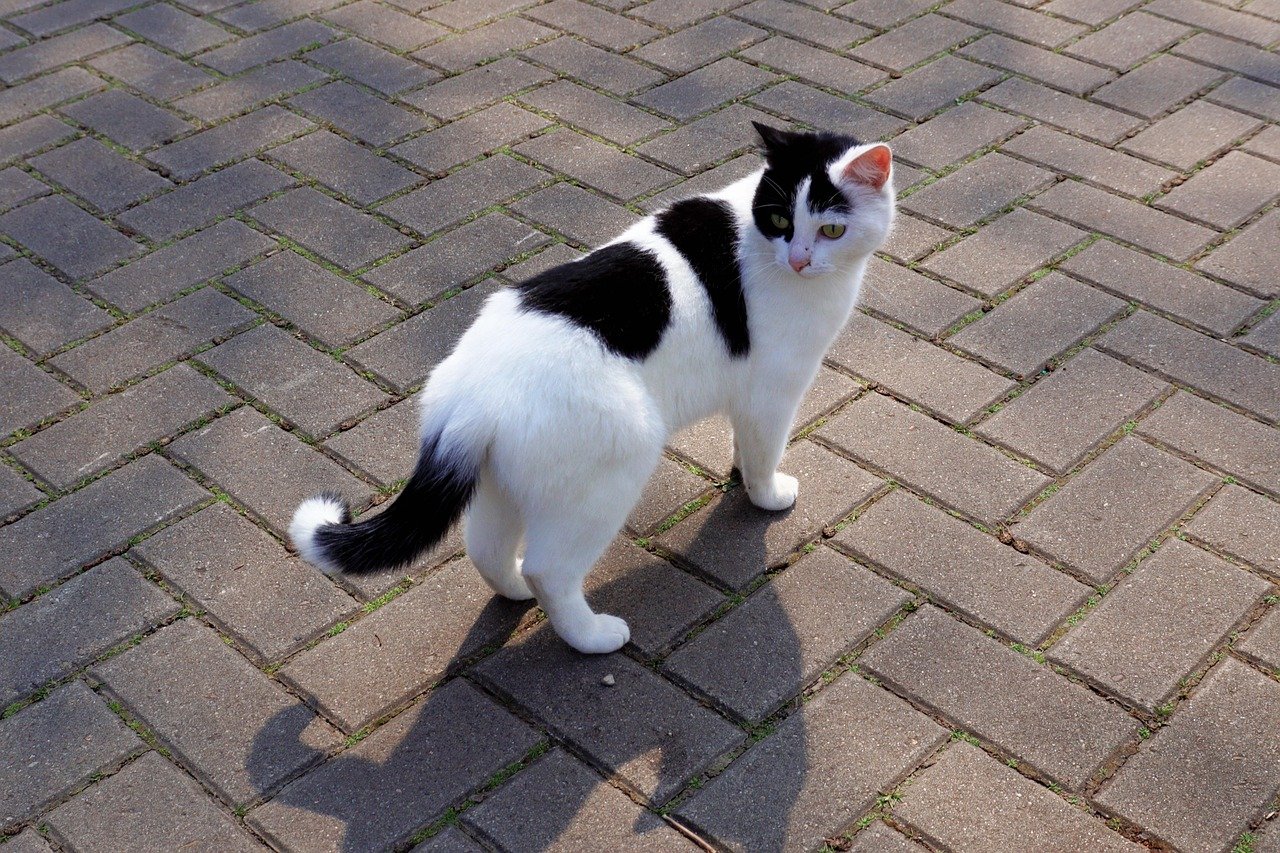
Have you noticed your cat suddenly zooming around the house for no apparent reason, or pacing restlessly from room to room? While the occasional “zoomies” are normal, constant restlessness can be a sign your cat is anxious and can’t settle down. Rather than dismissing this as just a case of the midnight crazies, consider if something in your cat’s environment is making it uneasy. A restless cat is often a worried cat, and paying attention can help you spot the difference.
Changes in Litter Box Habits
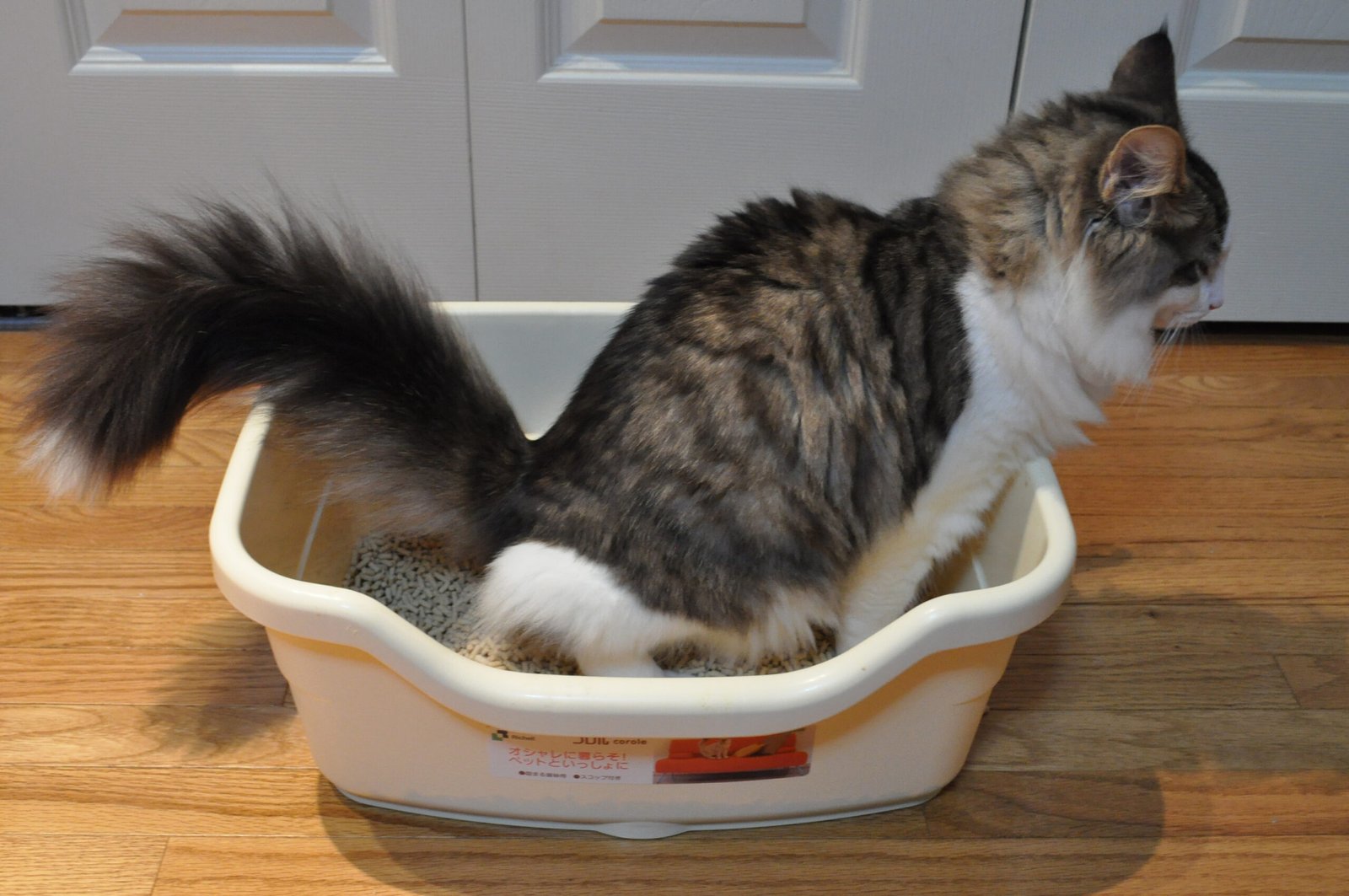
Perhaps the most frustrating but telling sign of anxiety is a change in bathroom habits. If your previously well-trained cat suddenly starts missing the litter box, it’s easy to blame stubbornness or a dirty box. However, anxiety is a common cause for these accidents. When stressed, cats may urinate or defecate outside their box to mark territory or simply because they feel too anxious to use their usual spot. Instead of getting frustrated, try to consider what could be making your feline friend feel insecure.
What do you think—did any of these signs surprise you?

